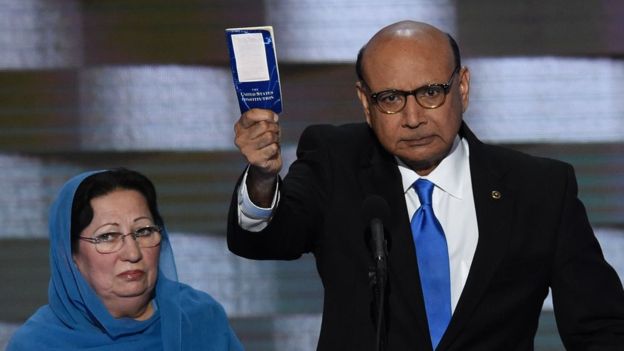

Recently, judges of the High Court at Kolkata rejected the Union cabinet’s July 5 decision to change the name of South Asia’s first high court to Kolkata High Court. It was also decided to change the names of Bombay and Madras High Courts to Mumbai High Court and Chennai High Court respectively. On July 11, judges of the High Court at Kolkata unanimously opposed the name change idea. Nevertheless, the Union government went ahead and moved the High Courts (Alteration of Names) Bill in the Lok Sabha.
Names have meanings. Naming and more crucially, renaming, represents some kind of a project. Calcutta was a colonial project, a project whose extended beneficiaries include me and my ancestors. The process by which this bit of land became “Calcutta” helped people-like-us and we helped ourselves thoroughly. Unfortunately, Calcutta, was, by design, a thoroughly exclusionary project for Bengal’s vast masses. The greatest city on this greatest delta spanning the Bengals, was built by those who have always called this megalopolis as Kolkata but they largely built it for the benefit of those who called it Calcutta. And then there were the Janus-faced Anglo-Bengali elites (like my family) who called it Kolkata when with their own folk and called it Calcutta when among Anglicised. As Ashis Nandy says, all cosmopolitan geographies have multiple names. Calcutta, Kolkata and Kalkatta might be geographically coterminal, but they reflect different cities within the city. Indeed, they represent different takes on the city – not necessarily in contest, but not necessarily frictionless either. This brings us to the crucial issue when discussing name changes for anything – whose is it? We chose to uphold the most popular take. Kolkata best represents the urban imaginary of a far greater number of its own citizenry than Calcutta ever did or even wanted to.
Colonial court system was created by elites, for elites, of elites. And if people aspire to a society where the situation has to get better, more representative, it’s best that names of institutions and their ways of functioning also reflect that. Elite interest groups tend to have interests which are self-serving. Thus, defending its decision to reject Kolkata as court name, RK Khanna, president of the Incorporated Law Society of Calcutta said, “This is the first high court in India, there is a sentiment attached. Also, worldwide, in shipping, banking and other commercial businesses, it is only known as Calcutta High Court. Changing it would mean changing to Kolkata worldwide.” But whose sentiment is this? Is this Calcutta’s sentiment or Kolkata’s? Which is more widely shared? Why cant once-colonised brown people rename their things and have to continue to be presented “worldwide” in the same package in which Whites packed them during their colonial rule? This “sentiment” always opposes proposals that deliberations in the High Court at Kolkata be done in Bangla, the language of the vast majority of the people falling under that High Court’s jurisdiction. Such sentiments oppose the entry of Tamil in the High Court at Chennai. And how, Hindi is allowed in the Allahabad High Court because Hindi and English are the languages of Indian Union’s first class citizens while others are second class who don’t deserve first class rights or full participation in their legal affairs.
Unfortunately, Calcutta-not-Kolkata cliques still control much of Calcutta’s economy and through sympathetic expatriate alliances of the rootless, have a disproportionately loud voice. The basis of that lies in the marginalisation of the rooted majority. Celebrating Calcutta over Kolkata is celebrating distributive injustice. When the commonly used name isn’t the ‘internationally’ used name, it tells us more about the extent of still continuing elite-minority clout than anything else.
[Source:- DNA ]




